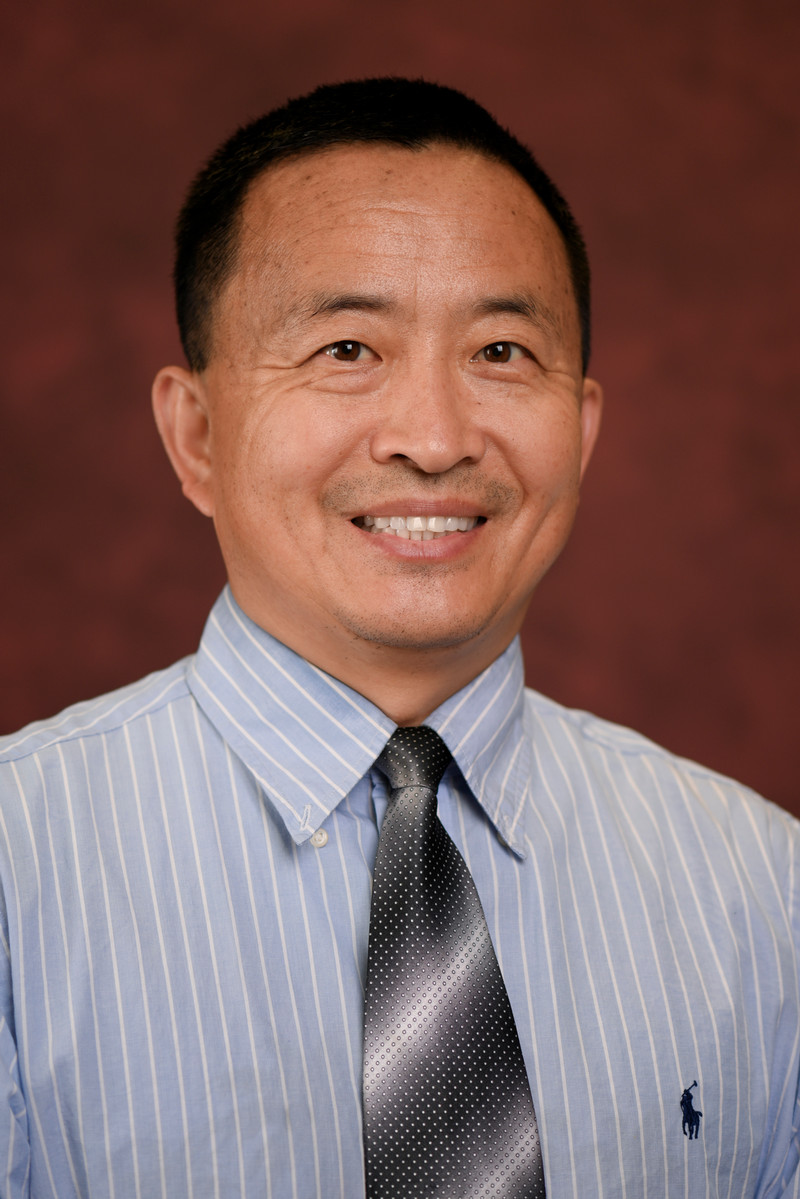Jianxun (Jim) Song, PhD

R.L. Bricker Endowed Professor
Contact
Microbial Pathogenesis & Immunology
8447 John Sharp Pkwy
Medical Research & Education Building II (MREB II), Room 3344
Bryan,
TX
77807-3260
jus35@tamu.edu
Phone: 979.436.0633
Fax: 979.436.9038
Lab Website
Education and Training
- The Third Military Medical University, PhD, 1998
- La Jolla Institute for Allergy and Immunology, Postdoc, 2004
Research Interests
- We study the immune system, the body’s own set of superheroes. We are trying to understand how these superhero cells work, how they recognize bad guys (like viruses and bacteria), and how they become even better at defending the body. It’s like figuring out the secret recipe for making the body’s defenders stronger and smarter.
- Our work spans across four pivotal projects that delve into the intricacies of T-cell immunity, metabolic reprogramming, and immunomodulatory targets, with direct implications for enhancing cancer immunotherapy and addressing autoimmune disorders.
- Pioneering T-Cell Immunity and Metabolic Regulation: Focuses on elucidating the role of nucleus accumbens-associated protein-1 (NAC1) in modulating T-cell-mediated immunity and metabolic pathways. The team's findings highlight NAC1's critical functions in regulating T-cell activity, immune tolerance, and disease progression, offering novel insights into enhancing T cell-based therapies across various diseases, including cancers, infectious, and autoimmune disorders.
- Targeting Immunomodulatory Pathways: Delves into the role of eukaryotic elongation factor-2 kinase (eEF2K) in metabolic reprogramming and immune regulation. The team investigates how targeting eEF2K can modulate the balance of immune cell subsets, specifically T helper 17 (Th17) cells and regulatory T cells (Tregs), presenting a promising strategy for reinforcing immunotherapy in autoimmune disorders and pro-inflammatory diseases.
- Innovative Strategies for Cancer Immunotherapy: Explores the use of engineered Brucella melitensis mutants to improve the tumor microenvironment (TME) and enhance adoptive cell transfer (ACT)-based immunotherapy for melanoma. Their work on engineered BmΔvjbR strain demonstrates exciting potential in augmenting immune responses against tumors, paving the way for innovative immunomodulatory approaches in cancer treatment
- Advancing Immunotherapy for Autoimmune Disorders: Develops a metabolically recombinant strain of live attenuated Brucella melitensis vaccine (BmΔvjbR::tnaA) to modulate the pro-inflammatory microenvironment (IME) and enhance immunotherapies, particularly based on ACT of Tregs. The team aims to establish this strain as a novel immunomodulatory platform for improving the efficacy of immunotherapy in autoimmune disorders such as type 1 diabetes (T1D), multiple sclerosis (MS) and rheumatoid arthritis (RA).
Awards, Recognition and Service
- AAI Careers in Immunology Fellowship conferred by American Association of Immunologists - (Bethesda, Maryland, United States)